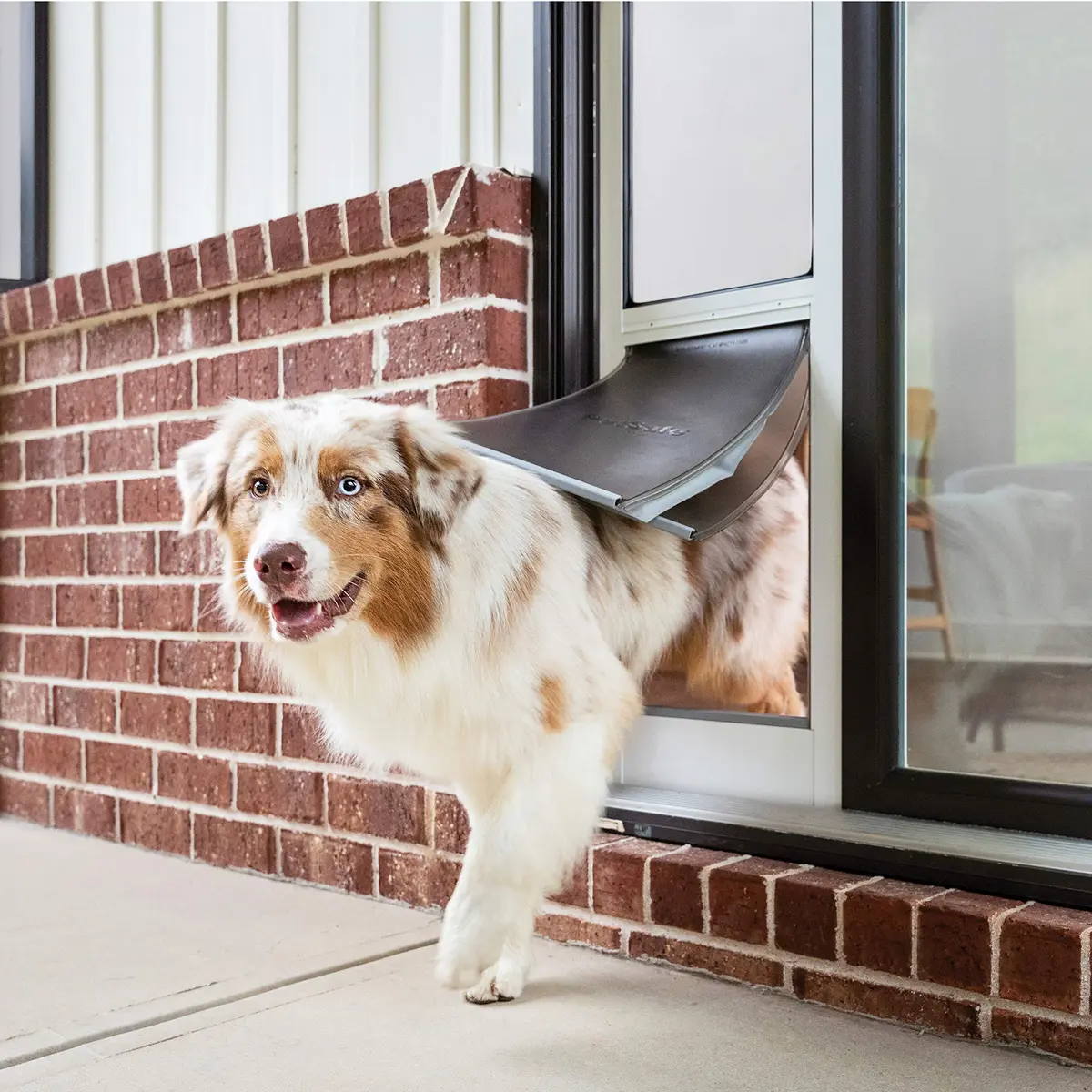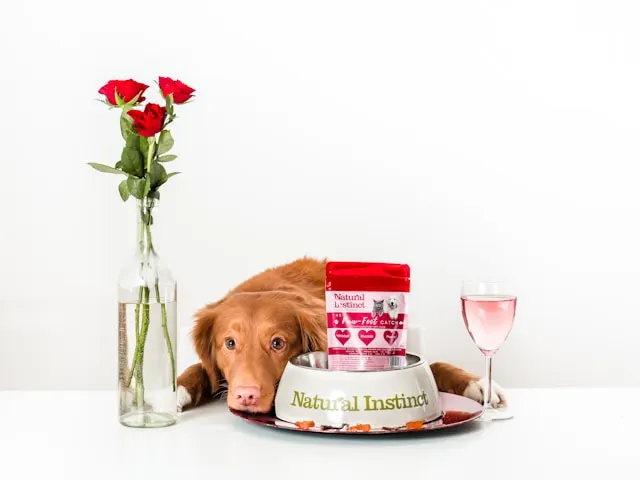Coughing in dogs is a common issue, and while it may be alarming for pet owners, it often has manageable causes. Whether it’s due to kennel cough, heart disease, or environmental factors, the sound of a dog’s cough can range from a dry hack to a wet, mucus-filled bark. In this article, we’ll dive into the different reasons why your dog may be coughing and explore natural remedies that you can use to help alleviate their discomfort.
Why Is My Dog Coughing?
Coughing is a reflex action in dogs, much like in humans, to clear the throat and airways from irritants, mucus, or other obstructions. Below are some common reasons why dogs develop a cough:
1. Kennel Cough
Kennel cough, or canine infectious tracheobronchitis, is one of the most frequent causes of a sudden, harsh cough in dogs. This illness is highly contagious and often occurs in dogs that have been in kennels, dog parks, or shelters. The cough is described as a “goose-honking” sound and is usually dry.
Treatment: In mild cases, kennel cough can resolve on its own within a couple of weeks. Adding a humidifier to your dog’s environment can ease the coughing by moistening the airways. Herbal remedies like echinacea and goldenseal can also boost the immune system and speed recovery.
2. Heart Disease
Coughing due to heart disease tends to occur when your dog is lying down or at night. This type of cough is often wet due to fluid build-up in the lungs, and it’s common in older dogs with congestive heart failure. Dogs with this condition may also tire easily and show signs of labored breathing.
Treatment: It’s essential to consult a vet if you suspect heart disease. In addition to professional care, you can provide your dog with dandelion tincture as a natural diuretic to help eliminate excess fluid.
3. Tracheal Collapse
In cases of tracheal collapse, the dog’s main airway collapses slightly, causing a gagging sound that resembles trying to cough up a hairball. Small breeds, like Chihuahuas and Yorkies, are particularly prone to this condition.
Treatment: Keeping a harness on your dog rather than a collar can reduce pressure on the neck and alleviate the symptoms. For temporary relief, consider using licorice root tincture, but only for a few days due to its effects on the liver and heart.
4. Environmental Irritants
Dogs may also cough when exposed to allergens like pollen, smoke, or chemicals. These irritants can inflame their airways, leading to chronic coughing.
Treatment: Limiting your dog’s exposure to known irritants is key. Using a humidifier or air purifier in your home can reduce coughing caused by environmental factors. You may also want to try homeopathic remedies like pulsatilla for dry, nighttime coughs or belladonna for sudden, harsh coughs.
Seven Natural Remedies for Dog Coughing
After identifying the cause, you can try these seven natural remedies to help soothe your dog’s cough:

1. Humidifier
Adding moisture to the air helps calm irritated airways. You can place a humidifier in the room where your dog sleeps or let them sit in the bathroom while you run a hot shower.
2. Remove the Collar
For dogs prone to tracheal collapse or throat irritation, removing the collar and switching to a harness reduces pressure on the neck.
3. Licorice Root
Licorice root is a natural cough suppressant and anti-inflammatory agent. You can use a tincture made from licorice root to soothe your dog’s throat and reduce coughing.
- Dosage: One drop of tincture per pound of your dog’s body weight, up to twice daily. Remember, it should not be used for more than five days.
4. Dandelion
Dandelion acts as a natural diuretic and is especially helpful for dogs with fluid-related coughs, such as those associated with heart disease.
- Dosage: Two drops of tincture per pound of body weight, twice a day.
5. Honey and Lemon Syrup
You can make a natural cough syrup using honey and lemon. Honey has soothing properties, and lemon is high in vitamin C, which supports the immune system.
- Recipe: Mix one tablespoon of honey with half a teaspoon of lemon juice in a small amount of warm water. Offer one tablespoon per 20-30 pounds of your dog’s body weight, two to three times daily.
6. Belladonna (Homeopathic)
Belladonna is effective for treating sudden, dry coughs that worsen at night. This remedy works well for dogs with kennel cough or other irritant-related coughs.
- Dosage: Use a 30C concentration, giving three to four doses per day.
7. Pulsatilla (Homeopathic)
For dogs that have a dry cough at night but a more productive cough in the morning, pulsatilla is an excellent remedy.
- Dosage: Like belladonna, use a 30C concentration, giving up to three doses per day.
When to See a Vet

While these natural remedies can be beneficial, some cases of coughing in dogs require veterinary attention. Here are signs you should visit your vet:
- Persistent coughing that lasts more than a few days
- Coughing accompanied by lethargy, loss of appetite, or fever
- Difficulty breathing or wheezing
- Coughing up blood or mucus
Conclusion
Coughing in dogs is usually caused by common issues like kennel cough, heart disease, or environmental irritants. By identifying the root cause, you can take steps to treat it naturally with remedies like licorice root, dandelion, and honey syrup. Always keep an eye on your dog’s overall health, and if the coughing persists or worsens, consult your veterinarian for further guidance.
Stay in the Loop with Our Newsletter!
Want more tips and tricks for keeping your furry friend happy and healthy? 🐾 Join our newsletter for exclusive content,



